Mauritius, the pearl of the Indian Ocean, is a tiny volcanic island with a total area of 2,040km2, and a population size of around 1.2 million. It became independent on March 12, 1968, and a Republic on March 12, 1992. The capital is Port-Louis, the official languages are English and French, and the mother tongue is Mauritian Creole. Few outer islands are under the responsibility and sovereignty of Mauritius, such as Rodrigues, Saint Brandon, Tromelin (though registered as France), Agaléga, and Chagos Islands.
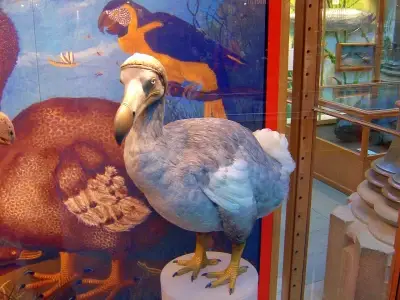
A Bit Of History
It is believed that Arab sailors discovered Mauritius, named it Dina Arobi. The Portuguese visited the island in 1507, and gave it as name, Cirne. Later on, the Dutch, under Admiral Wybrand Van Warwyck, landed on the island in 1598, and stayed for some years. They renamed the island Mauritius, in honor of Maurice Van Nassau, a Prince and Stadtholder of the Dutch Republic. They later left the island, and returned in 1638, to inhabit it again for a long time. The Dutch introduced animals like stags, sugarcane, etc. Due to other animal predators, cyclones, and being killed by the Dutch, the Dodo disappeared from the island in the 17th century. In 1710, the Dutch left Mauritius for good.
In 1715, the French took over the island. They renamed the island Isle de France. One of the notorious French governors was Mahé de Labourdoonais, who invested a lot in the island’s infrastructure. Port-Louis was one of his main places economically.
In 1810, there was an immense battle between the British and the French. It is famously known as the Battle of Grand-Port. The French won, but later in November of the same year, the British returned from the North to defeat the French army. After taking the island, they renamed it Mauritius. British ruled until 1968.
Slavery has existed on the island since the Dutch era. Slaves from African countries were brought by the French, and they introduced a Code Noir, a specific rule. Slavery continued until abolished in 1835. Indians and Chinese indentured laborers worked for the island’s economy until the beginning of the 1920s.
On March 12, 1968, Mauritius became independent of the British. Sir Seewoosagur Ramgoolam, also known as the father of the nation, led the independence fight. Mauritius became a republic on March 12, 1992.
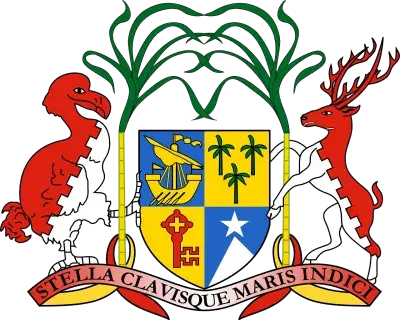
Politics In Mauritius
Mauritius is a democratic island. It has been voted the most democratic country in Africa according to the Ibrahim Index of African Governance a few times. It is the only democracy-friendly country in Africa, according to the Economic Intelligence Unit.
Every 5 years the country holds its general election where a prime minister is elected. Voters should be at least 18 years old to vote. The country also has a President of the Republic, a vice-prime minister and a leader of the opposition.
Economy Of Mauritius
From the 18th century to the 2000s, the country’s main economy pillar was the sugar industry. It has diversified into various sectors. Textiles, tourism, information and technology, finance, etc.
The country’s current total GDP is estimated to be around $36 billion, and a per capita income of around $29,000. This ranks Mauritius as the 139th country in terms of GDP, and the second-highest GDP per capita among African countries.
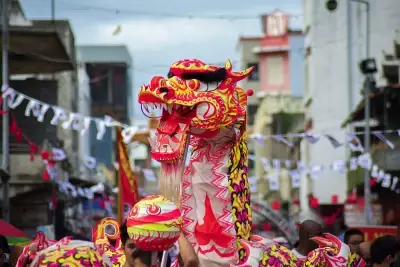
Arts & Culture
The country has famous artists, such as painters, writers, singers, dancers, etc. Mauritians love the arts, and among the popular forms of art are painting, dancing, and literature. Additionally, they make a significant contribution to the local culture. Due to a mixture of populations, Mauritius has a diversified music industry and cuisine.
Sega is a local dance brought by slaves from Africa. Similarly, Bhojpuri music has gained popularity for decades. We have different types of cuisine such as the famous Dholl Puri or Mine Bouille. Learn more about Mauritius’ street foods. We even speak different languages, as stated above. Mauritian Creole is the native language, while English and French are the official languages. Oriental languages like Bhojpuri or Mandarin are still spoken by some locals.
There are different religions and spiritual beliefs as well. Having a mix of different religious backgrounds has made us unique in the world, as we coexist peacefully and harmoniously together.
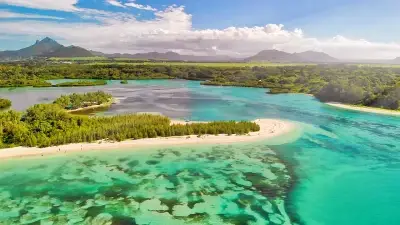
Climate Of Mauritius
As we are a tropical island, we have only two seasons, summer and winter. Summer is from November to April and winter is from May to October. The coastal regions are hot, while the central plateau has a humid climate and cold. The temperature can vary. In summer, the thermometer can reach 30 degrees Celsius. In winter, it can drop to 15 degrees Celsius.
Transportation
You can travel in Mauritius in a number of ways. Public buses are the most popular and used. Buses are in most regions. Taxi services are also available. In 2019, trams were introduced, and tramways are available in urban areas. The International Airport is located on Plaine Magnien. It welcomes dozens of flights every day. The harbor is situated in Port-Louis.
Public Holidays
Mauritius is among the rarest countries in the world with many public holidays. In general, they are as follows: New Year Holidays, Chinese New Year, Abolition of Slavery, Thaipoosam Cavadee, Maha Shivaratee, National Day, Ugadi, Eid-Ul-Fitr, Labor Day, Assumption Day, All Saints’ Day, Arrival of Indentured Laborers, Ganesh Chaturthi, Divali, and Christmas.
Our multiracial and multicultural society is responsible for several religious public holidays.
Other Facts On Mauritius
Here are other useful facts about Mauritius:
- We drive on the left-hand side.
- Our currency is the Mauritian Rupee (Rs).
- We have high speed internet connectivity.
- We have the best mobile internet coverage in Africa.
- Our time zone is GMT +4.
- Our date format is dd/mm/yyyy.
- The calling code or zip code is +230.
- The internet TLD is .mu.
- The country’s motto is Stella Clavisque Maris Indici(Star and Key of the Indian Ocean).
- We form part of the Mascarene Islands (With Réunion and Rodrigues).
- There are 9 districts in Mauritius, namely: Port-Louis, Pamplemousses, Rivière du Rempart, Flacq, Grand-Port, Savanne, Moka, Plaines Wilhems, and Black River.
- We have no military. However, we do have paramilitary.
- Mauritius is a member of the United Nations, the World Trade Organization, the African Union, the Commonwealth of Nations, La Francophonie, the Southern Africa Development Community, the Indian Ocean Commission, the Common Market for Eastern and Southern Africa, and the Indian Ocean Rim Association.
- Triolet is the largest village in terms of demographic, while Port-Louis has the heist demographics as a City.
- We have free education and free healthcare.
- The literacy rate is around 93%.
- Students and pensioners benefit of free transport.
Conclusion
To conclude, this section discusses Mauritius. These are essential information you need to understand the island.
Author & References
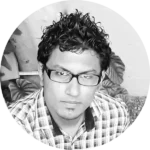
Author: Ali J | Last Updated: NA
Subscribe For Newsletters
Not just newsletters, but you may enjoy free vouchers, coupons, activity deals and many others while subscribing…

